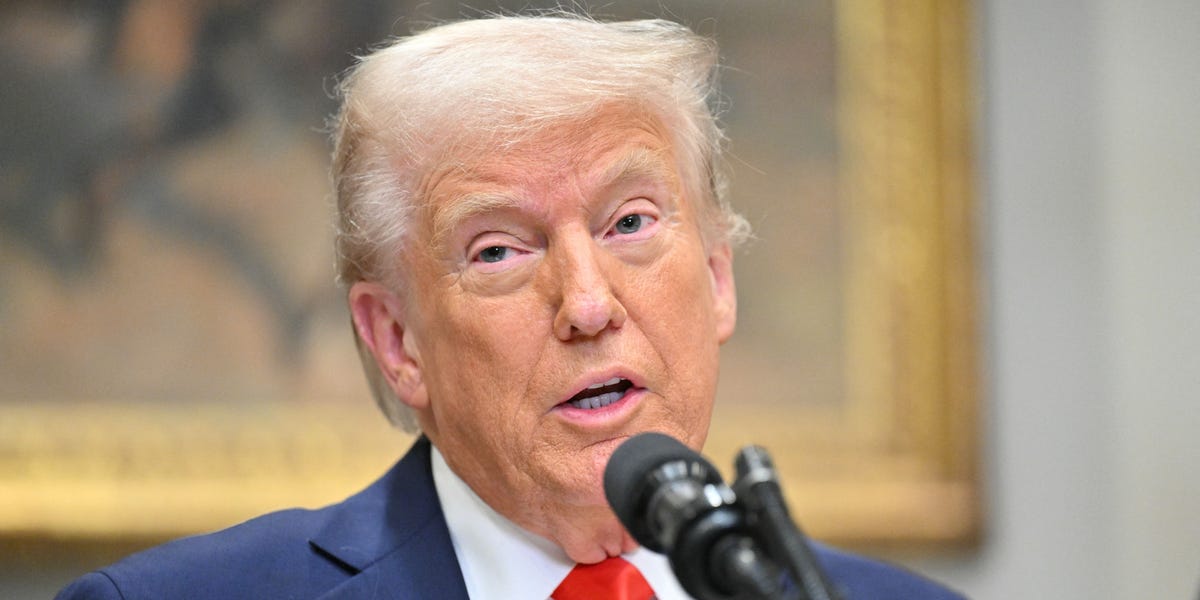Krugman Unveils the Hidden Truth: Why Trump's Tariff Strategy Misses the Mark

Economic uncertainty surrounding President Trump's tariff strategy is casting a long shadow over market confidence, according to Nobel laureate economist Paul Krugman. The unpredictable nature of trade policies is creating a palpable sense of unease among investors and consumers alike, potentially undermining economic stability and growth prospects.
Krugman argues that the volatility and lack of clarity in tariff implementation are eroding market sentiment, making businesses and individuals hesitant to make long-term financial decisions. The constant flux in trade negotiations and potential economic consequences are generating widespread anxiety, which could have significant ripple effects across various sectors of the economy.
By highlighting the psychological impact of trade policy uncertainty, Krugman emphasizes how political unpredictability can directly influence economic behavior and market dynamics. The ongoing tension creates an environment of doubt that can slow investment, dampen consumer spending, and potentially hinder economic progress.
